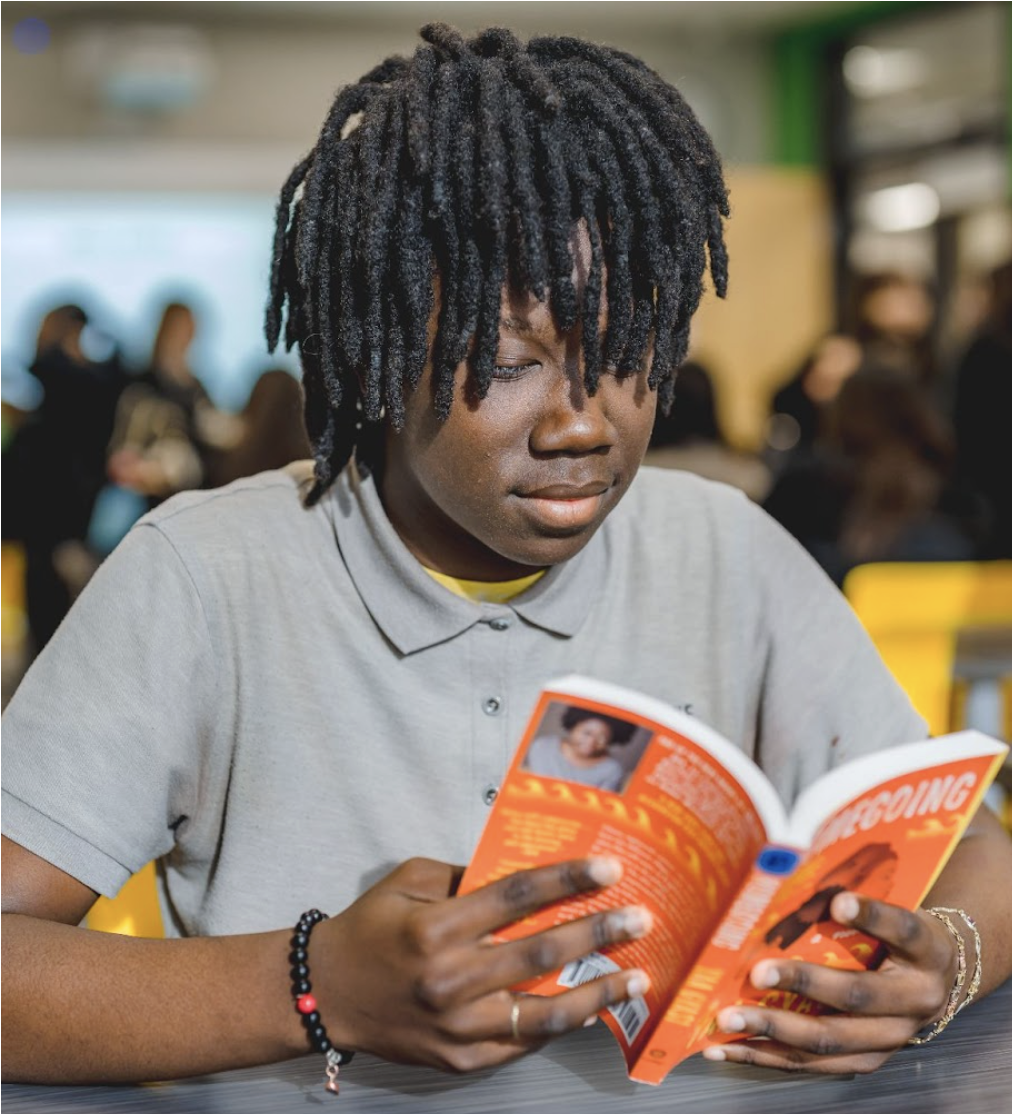Time is short: Personal Narrative Can Focus the Adolescent Writer

“My students slumped their shoulders and visibly winced when I told them that writing about text would make them better readers.”
High school English teachers often face this resistance to academic reading and writing. One strategy, that may seem counter intuitive, is to start the school year with a personal narrative unit, avoiding, for the time being, both academic reading and writing.
The rationale is that by analyzing a topic they know well, themselves, students gain confidence in both their insights and in their writing—confidence they can then apply to writing about text.
Time is short, though. Two-thirds of entering high school students (NAEP, 2022) read below grade level. Students need to spend most of their time reading and writing about complex text. How can a personal narrative unit accelerate their progress towards this goal?
At Riveting Results, we have found that writing about personal experience at the beginning of the school year best prepares students for analyzing complex text when students write about a specific moment from class. By writing about one shared experience uninterruptedly for several sentences, students develop two skills critical to analyzing complex text:
1) They learn the patience and persistence required to uncover subtle complexities.
2) They learn that when they write in this focused way they discover insights that are different from those of their peers. Their class’ reaction to their unique insights energizes them to dig deeper.
After the “Category Game,” for example, an activity in Riveting Results’s first lesson of the year, students write for 15 minutes immediately after a team competition in which they try to name the most items in a particular category in one minute.
See below how one student’s understanding of the emotions she felt during the game becomes more and more nuanced as she writes sentence after sentence about the same moment. Notice how her sentences build on one another without using formulaic transition words:
A moment during the game when I was excited or frustrated was when in the first round, they told us to do songs of the title that have the word “Love” on the title. And when they said this I was so stressed out and frustrated because I had no clue what song had the word “Love” in the title because I hadn’t really been listening to music as much as I used to for the past 3 days so my mind tends to wander off into a different type of direction. I was hearing a lot of the other team feeling more confident in knowing their songs while our team wasn’t being confident on what songs had the word “Love” in the title. But it was even more frustrating when I had one song at least in mind at the last second, but I forgot what it was called due to the other amount of stress I had to deal with during the other rounds.
In my next blog entry, I’ll talk about how a teacher’s feedback can help this student get ready to focus on writing about text.
We want to know what you think.
We recommend you read these next
Meet The Team
The Riveting Results program works because it incorporates feedback from dozens of educators experienced in the classroom and in running schools. Unlike other programs that primarily use academic experts to review materials, Riveting Results gets feedback from educators who have actually used Riveting Results in the classroom to develop students reading and writing performance.
contact us



































